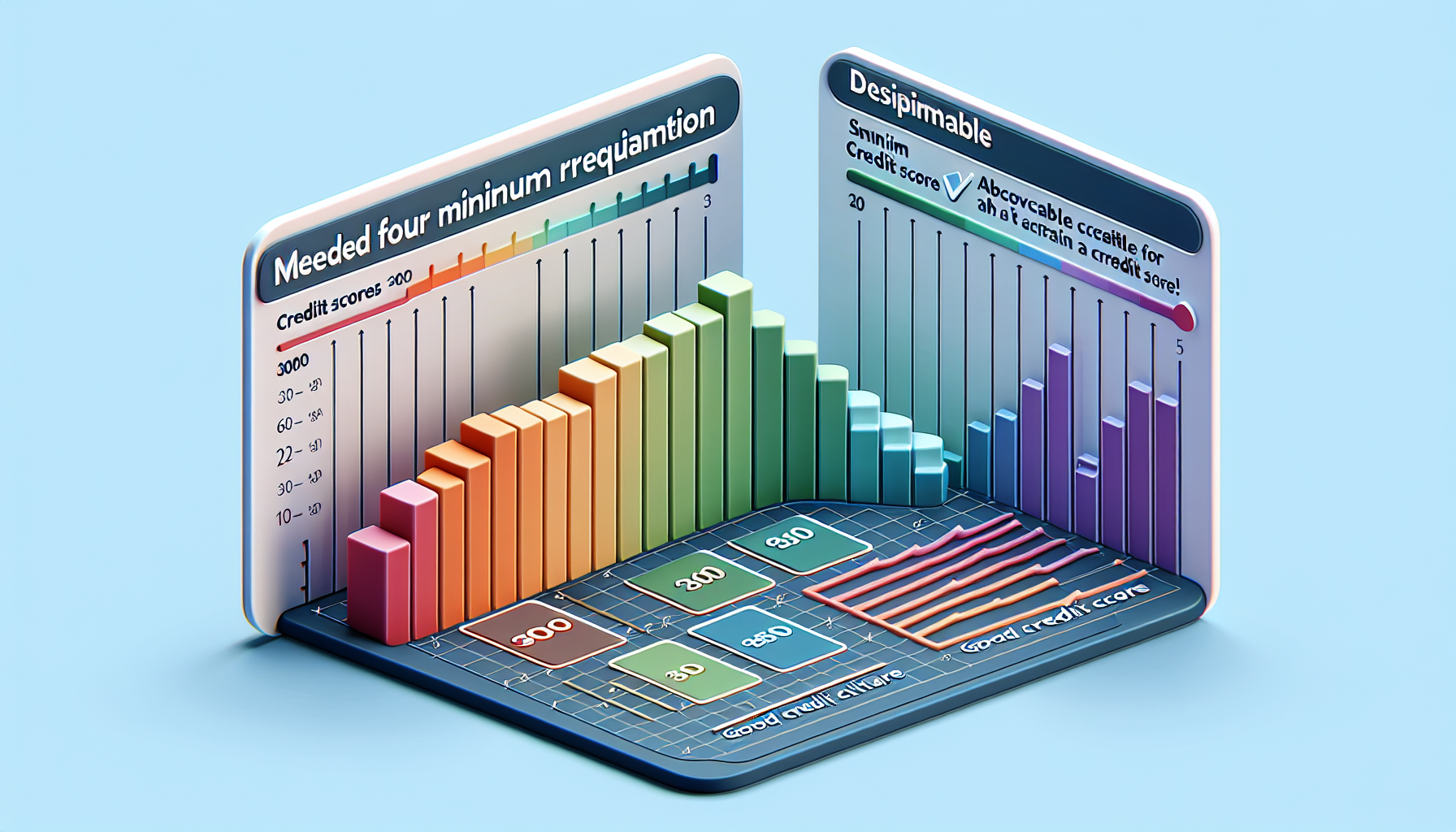When applying for a credit card, one of the most important factors that lenders consider is your credit score. Your credit score is a three-digit number that reflects your creditworthiness and is based on your credit history. The minimum credit score needed for a credit card can vary depending on the type of card and the lender. In this article, we will explore what the minimum credit score requirements are for a credit card and the factors that determine your eligibility.
What is the minimum credit score needed for a credit card?
The minimum credit score needed for a credit card typically falls within the range of 580 to 700. However, some lenders may require a higher credit score for certain types of credit cards, such as rewards cards or premium cards. A credit score of 580 or below is considered a poor credit score and may make it difficult to qualify for a credit card with favorable terms. On the other hand, a credit score of 700 or above is considered a good credit score and may make it easier to qualify for a wider range of credit cards with better rewards and lower interest rates.
If you have a credit score below the minimum required by a particular credit card issuer, you may still be able to qualify for a credit card by providing additional information or security. For example, you may be able to get a secured credit card by making a cash deposit that serves as collateral for the credit limit. Secured credit cards are designed for individuals with poor or limited credit history and can help you build or rebuild your credit score over time. Additionally, some lenders offer credit cards specifically for individuals with low credit scores, but these cards may come with higher interest rates and fees.
Factors that determine your eligibility for a credit card
In addition to your credit score, there are several other factors that lenders consider when determining your eligibility for a credit card. These factors include your income, employment status, debt-to-income ratio, and payment history. Lenders want to ensure that you have the financial means to repay any credit card debt that you accumulate and that you have a history of making on-time payments. A stable income and employment history can help demonstrate to lenders that you are a responsible borrower.
Your debt-to-income ratio is another important factor that lenders consider when evaluating your credit card application. This ratio compares your monthly debt payments to your monthly income and helps lenders determine how much additional debt you can reasonably afford. Ideally, your debt-to-income ratio should be below 30% to qualify for a credit card with favorable terms. Finally, your payment history, which includes information on any late or missed payments, can also impact your eligibility for a credit card. Lenders prefer to see a history of on-time payments as it demonstrates your ability to manage credit responsibly.
In conclusion, the minimum credit score needed for a credit card can vary depending on the type of card and the lender. While a credit score of 580 to 700 is typically required to qualify for a credit card, other factors such as income, employment status, debt-to-income ratio, and payment history also play a significant role in determining your eligibility. It is important to regularly monitor your credit score and take steps to improve it if necessary to increase your chances of qualifying for a credit card with favorable terms. Remember that responsible credit card use can help you build a positive credit history and improve your financial well-being in the long run.
